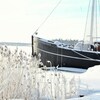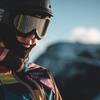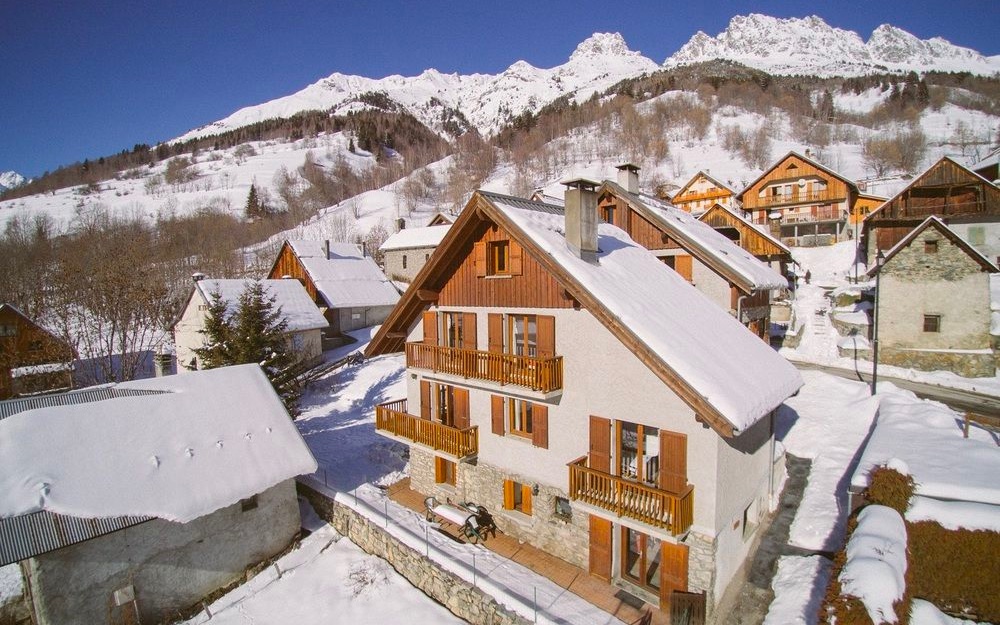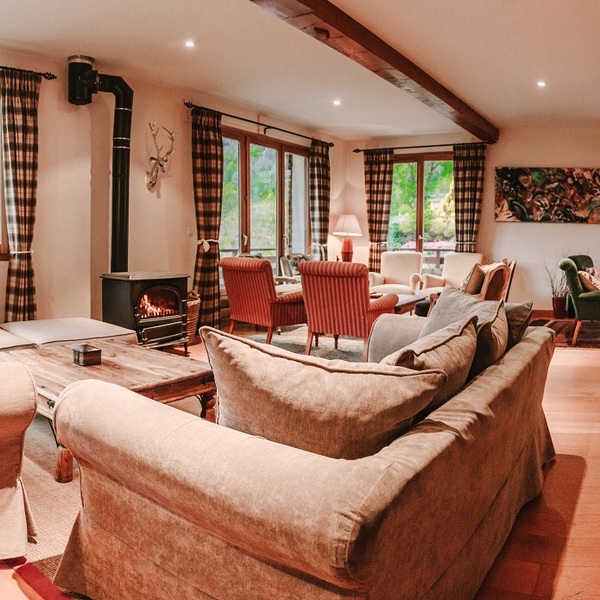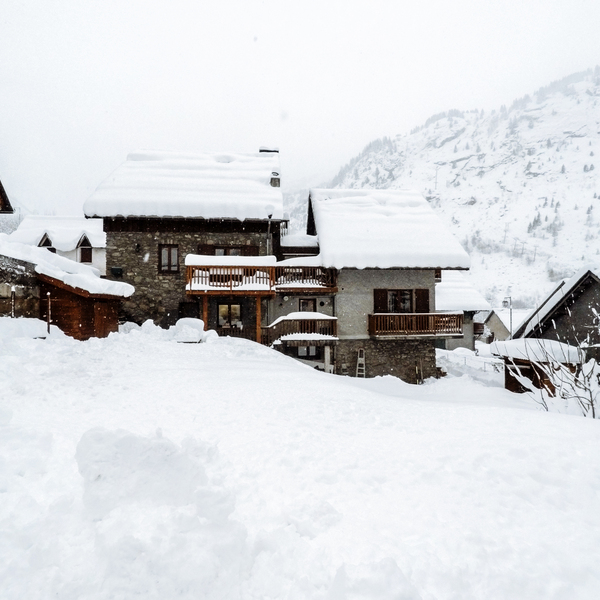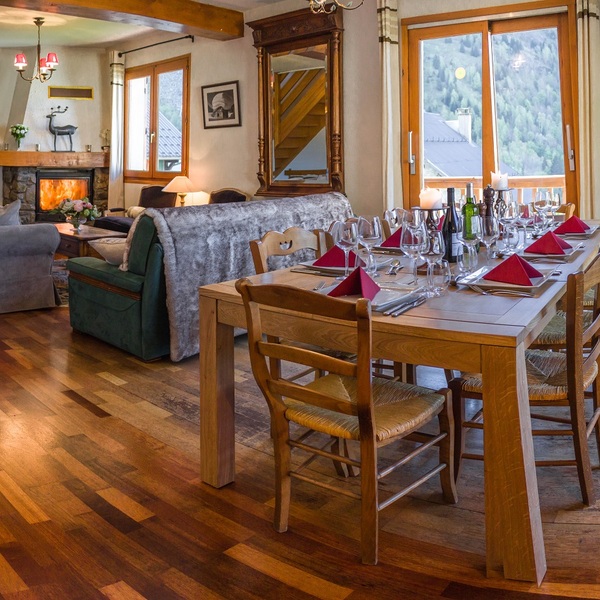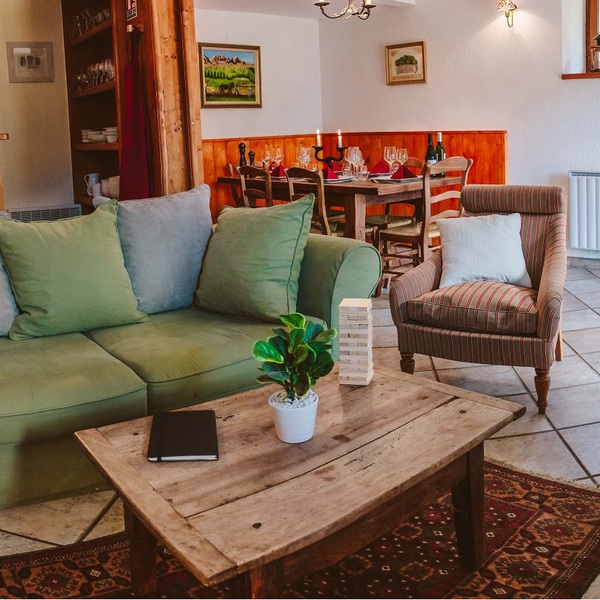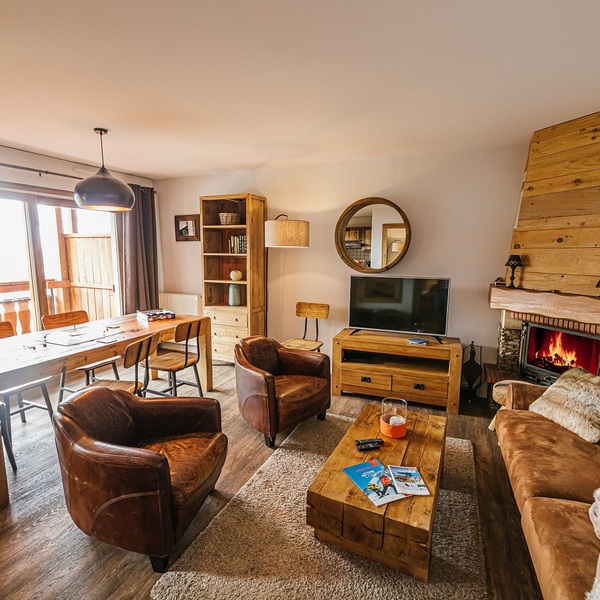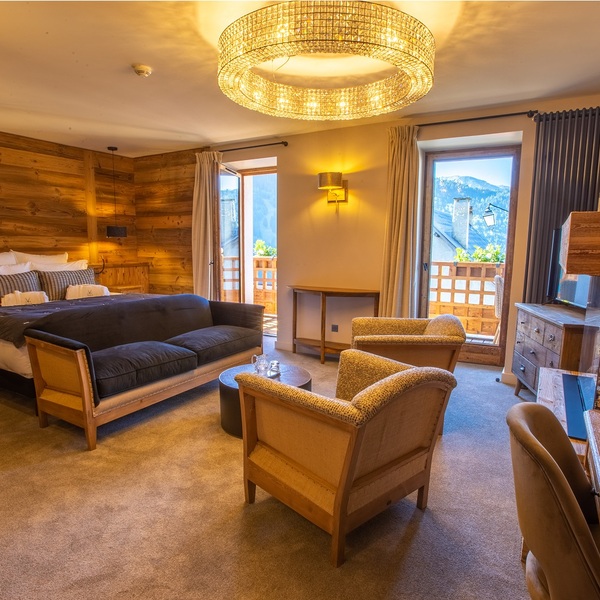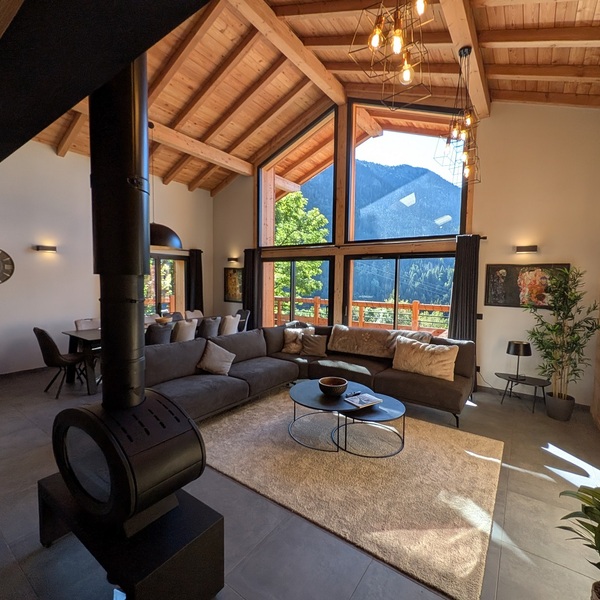People love skiing for different reasons. They love the thrill of going down white covered slopes from the top of a mountain, and for many, it is so much more fun being out in the snow with their family and friends.
Going for a weeklong skiing holiday anywhere in the mountains is an annual tradition for a lot of people. There are many resorts, countries and companies you can go with. Once such company is Alpine Elements ski holidays. How about escaping to the snowy mountains? It’s simply fantastic for many, as it takes them away from the city's stressful life and gives them time to unwind and relax amidst nature.
You are sure to come across different kinds of skiers as well as skiing on the mountains. As a skier, you should know about the various types of skiing you can enjoy and the specialized equipment needed. Below are the different kinds of skiing available for you to learn and enjoy.
Alpine skiing

Photo by Maarten Duineveld
Also known as Downhill skiing, this is the most common form of skiing you will see people indulging in. In this form of popular skiing, all you need to do is get a lift to the top of the mountain, put your skis on and ski down. The skis are around head height, heavy and carry metal edges and curved shapes to make balancing easier. One will come across alpine skiing equipment based on the skill levels; beginners, all-around, advanced. This is skiing in it’s simplest and easiest form and certainly a good place to start.
Off-piste skiing

Photo by Robson Hatsukami Morgan
Off-piste skiing means skiing off the well-prepared piste on untouched snow. However, this style of skiing can be dangerous as it requires fairly advanced skills. It is essential to get the required lessons and experiences to indulge in this form of skiing. Only when one has mastered all the intermediate and pro skills should try out this challenging form of skiing. Typical gear for includes avalanche safety gear; rucksack, shovel, probe, avalanche bleep and now an Avabag. You can of course try this first at the sides of the piste but be prepared for a different feeling. Instead of gliding across the snow-packed pistes, your skis will go deeper, offering more friction on your feet and leading to a totally different sensation of skiing. To combat this off-piste skis are generally wider, spreading your weight across a larger surface area which allows you to ‘float’ ontop more.
Freestyle skiing

Photo by Sebastian Staines
As the name suggests, you are more ‘free’. It involves turns and tricks as one skis down. It is a competitive sport, and has various disciplines within the umbrella of freestyle. They involve aerial jumps, rails, features, racing and bumpy slopes. You will find the skiers twisting, turning, racing and spinning in various positions in the air whilst grabbing parts of their skis in varying difficulty, leading to more pints if executed well.
- Big Air
- Slopestyle
- Half Pipe
- Ski Cross
- Moguls
The size and design of the skis are specifically designed to maintain balance and offer support when accelerating and turning. These events are a lot of fun to take part in and watch as they dazzle and impress from start to finish.
Nordic skiing

Photo by Thomas Dils
Nordic skiing involves various types of skiing where the toe of the ski boot is attached to the binding so that it allows the heel to rise. Unlike alpine skiing, where the boot is fixed to the ski, completely from toe to heel, it is only the toe that is fixed in Nordic. The classic skiing technique is popular in cross-country races and ski-jumping events (distance). Cross-country skiing races are sometimes referred to as Nordic racing. However there is a difference between the two. Classic Nordic skiing is skating, moving you weight from one ski to the other whilst also using poles to project you forwards. It is an intense workout and an extremely gratifying on as you can travel from A to B on flat ground relatively quickly.
Cross-country Skiing

Photo by J G D
Cross-country Skiing is enjoyed on less steep slopes and even terrains. It may seem easy but is much more aerobically demanding. One wears a soft boot, and the heel is not fixed to the ski like Nordic skiing, which is lightweight and designed for Cross-country Skiing. One can lift their foot to glide across the snow. The difference is that there are specific tracks for your skis which you stay in. You do not skate at all, you walk and glide your skis through the tracks. It is essential to get the right cross-country ski size to get that optimum combination of grip and glide as they ski across the terrain. You don't have to have any specific gear for this either. Sure you get the best ski shell jacket women but your regular jacket would be suitable enough.
Telemark Skiing

Photo by Ben Kitching
Telemark Skiing is very similar to Alpine skiing as the skiers must start from the top and make their way to the bottom of the mountain. Telemark skiing gets its name because of the Telemark region of Norway. However, it is more daring than the skis that are not attached to the heel, but it allows more flexibility for the skier. This skiing technique combines Alpine and Nordic skiing elements and was originally devised to serve as a popular mode of transportation. Today, it is a popular winter sport for those that have become an advanced skier. It requires a serious level of balance and skill, putting pressure on the knees as one bends down, pushing the outside ski forward and the inside ski backwards in a lunge motion.
Ski Touring

Photo by Chris Holder
This form of skiing is a combination of off-piste skiing and Nordic skiing. Using off piste skis, you use a similar type pin binding and boot that allows your heel to lift, for walking UP the mountain. To stop you slipping down backwards you apply a 'skin' to the bottom of the skis. These are fur like material that allows the ski to slide in one direction but holds the ski on the fibre so as not to slip. Once at the top you take the skins off the bottom of your skis and click your bindings into a fixed position, allowing you to ski down the untouched powdery terrain, smiling from ear to ear.
Adaptive Skiing

Photo by Woody Kelly
Adaptive skiing is meant for those who carry a disability, and as it needs different adaptive equipment. Adaptive skiing allows even those with disabilities to enjoy the sport and have a great time on the mountain slopes. Thus, if you know someone who is keen to go Adaptive skiing, make sure that they have the right gear and lessons to enjoy the sport.
Snowboarding

Photo by Johannes Waibel
Apart from the above-listed skiing types, there are other snow activities that are popular among the skiers, such as snowboarding.
- Snowboarding - Snowboarding may not be exactly a form of skiing but is enjoyed by all kinds and levels of skiers. Thus, if you are a skater or surfer, you can certainly learn the apart and enjoy both snowboarding and skiing at the resorts. Snowboard is a bit smaller than your body and can be strapped to your boots. It is a lot different from skiing, but you can sure feel comfortable on it as your body goes down the slopes. All it takes is a day of practice on the snowy slopes.
- Split Boarding – A specifically designed snowboard for off piste that ‘splits’ in half to create two ski like planks. The bindings also rotate so that you can walk up the mountain like when ski touring, making it easier for you to walk up the hills. Once you are at the top, just put the two halves back together with the clips and enjoy snowboarding down the slope.
To Wrap Up
Photo by Toa Heftiba
As the sport involves both challenges and risks, one should be well prepared and reduce the risk of any injuries or unforeseen accidents when skiing. Hence one should ensure that they have the right skiing and protective gear to enjoy the sport to the maximum. Apart from learning the right skiing techniques and choosing a suitable terrain, one must also pay attention to the apparel & accessories for the winter sport.
Today, practical and ergonomic solutions are available to offer you optimum protection against the wind and snow spatter. You can also ask for customized skis that are designed to handle the weight and forces on your gear. The right gear can absorb that extra force, allow you to maintain an optimum flex smoothly, and distributes your weight effortlessly as you shift your balance.
Most ski resorts carry all the facilities and equipment for different kinds of skiing. However, one must check with the ski resort if they carry all the facilities and services for the kind of skiing that they are interested in. It is also important to go through the checklist for skiing before heading off to the mountains.
Tagged with;


